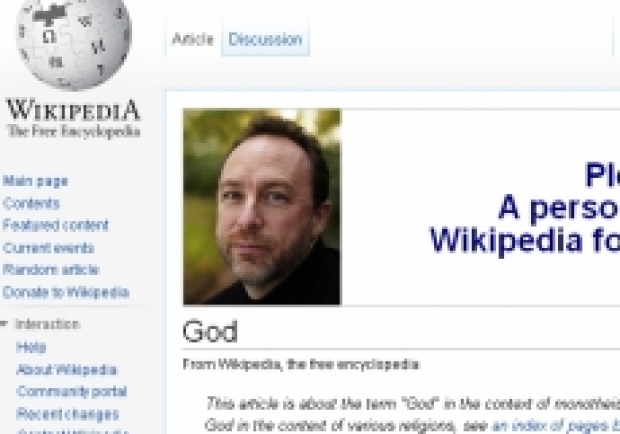According to Motherboard, a recent study that looked at the 250 million edits made on Wikipedia during its first ten years, only about one percent of Wikipedia's editors have generated 77 percent of the site's content.
Sorin Matei, the director of the Purdue University Data Storytelling Network and lead author of the study, said that the assumption is that it's a creation of the crowd, but this couldn't be further from the truth.
Statistically speaking, only about 1,300 people are creating over three quarters of the 600 new articles posted to Wikipedia daily.
According to Matei, 40 percent of the top one percent of editors bow out about every five weeks. In the early days, when there were only a few hundred thousand people collaborating on Wikipedia, Matei said the content production was significantly more equitable.
But as the encyclopaedia grew, and the number of collaborators grew with it, an “elite bunch” of editors emerged that have accounted for the bulk of Wikipedia's growth ever since.
Matei and his colleague Brian Britt, an assistant professor of journalism at South Dakota State University, found that for all of Wikipedia's pretensions to being a site produced by a network of freely collaborating peers, "some peers are more equal than others", according to Matei.
In fact, Wackypedia is not a decentralised, spontaneously evolving organization, instead it is better described as an "adhocracy"—a stable hierarchical power structure which nevertheless allows for a high degree of individual mobility within that hierarchy.
How does this cause problems? Well according to an audit of volunteer editors, Wikimedia Foundation found 84 percent of editors were male. Which is why you will find detailed biographies of porn stars but very few on significant women writers.
The MIT Technology Review found that the reason people were losing interest was the increasingly bureaucratic nature of the editing process. The semi-automation and stricter editing process was initially launched as a way to combat vandalism on Wikipedia pages. Although the new protocols did result in a decrease in vandalism, it also resulted in a steep drop off new editors that stayed two months after their first edit.
Another issue not mentioned in the research is how these “elite editors” manage to place their concept of “knowledge” on the rest of humanity. Some of this is carried out by an arbitrary enforcement of the notability rules to delete people or organisations that the editors do not like. Fudzilla has been banned twice for non-existence which is not bad for an independent technology magazine which does not exist.




